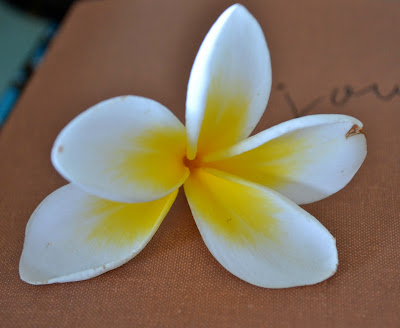(designer Lyn Morgan's Greek Revival House in Savannah)
(living room)
I first bought it at university, prompted I am pretty sure by the rave reviews of my friend Aussie New Yorker but I never quite got to it.
If you have not read this book, it covers the author's lengthy stay in Savannah, at the time of the four trials of antique dealer, Jim Williams, who was tried for the murder of local good time boy (and his assistant), Danny Hansford.
I so loved this book, the humid, creeper clad decadence of the Savannahians, and their eccentric cross dressing, backwoods bars, corrupt politicians, secret affairs, all night parties, internecine rivalries, and the two unforgettable female characters - a local voodoo high priestess and drag queen (the Lady Chablis - formerly Frank). The writer describes the shady world as Gone with the Wind on Mescalin, one of the many lovely turns of phrase sprinkled in the book.
I particularly liked Mandy Nichols' observation that it is so much better to be on the 'edge of a party'.
This book is a great exploration of the darker side which hums beneath every city, town and village. As Minerva the voodoo lady puts it -
'Dead time lasts for one hour -- from half an hour before midnight to half an hour after midnight. The half-hour before midnight is for doin' good. The half hour after midnight is for doin' evil.'
This is Jim Williams' house (Mercer House, now a museum I think) which he loved to live in because it annoyed all the 'right people'.
Here are some typical houses from the historic quarter:
(via Young House Love)
(via Pinterest)
For all of Lyn Morgan's stunning house in Savannah, go here.
It is quite divine and the antithesis of the dark antique filled rooms of Jim Williams. You can read more about him here.




















































